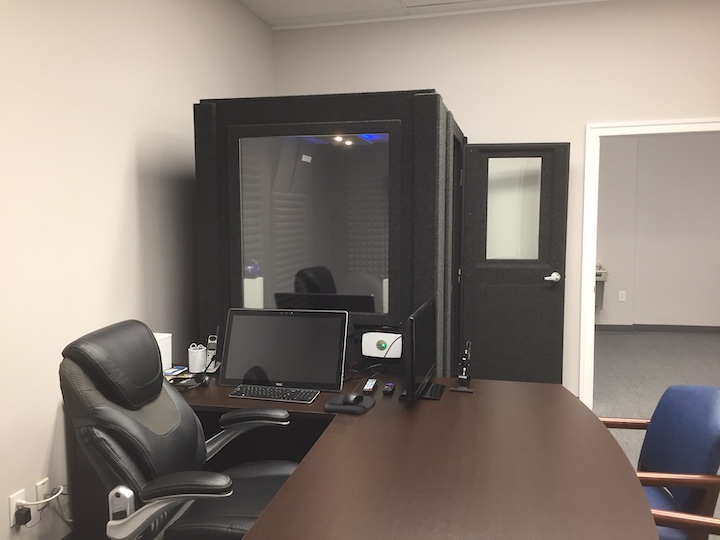An audiological evaluation is done to determine if a hearing loss is present and, if so, to detail the type and severity of the hearing loss. It also may provide insight into the cause of the hearing loss as well as provide guidance for the audiologist in making appropriate treatment recommendations- or referrals to other professionals.

What tests will be done?
The specific tests done during the evaluation will depend on the patient’s age, symptoms and medical history. These various tests will determine the degree of hearing loss, the type of hearing loss and the conditions of the ear canal and middle ear. The audiologist will also establish if the hearing loss is conductive (middle or outer ear problem) or sensorineural (inner ear problem or an issue with the auditory nerve and central auditory pathways).
At a minimum, a diagnostic audiologic evaluation includes pure-tone testing, bone conduction testing and speech testing. We will also always perform otoscopy (physical examination of the outer ear and, ear canal and eardrum) to determine the health of the ear canal.
Pure-tone and bone conduction testing
Pure-tone testing determines the quietest tones that a person can hear at different frequencies, both low and high. Bone conduction testing is similar to pure-tone, however, a different type of headset is used to provide the audiologist with different information. A bone conduction test will help the audiologist determine whether the loss is conductive in nature or sensorineural.
Speech testing
A speech discrimination test is used to get a sense of how well you are understanding different words and different speech sounds. This test is done in quiet. We may also test understanding in the presence of background noise to see how background noise effects understanding.
Along with the evaluation, you should generally expect to have time to review the results with the audiologist. They will interpret the tests for you, answer your questions, provide you with information and referrals as needed, as well as begin planning for treatment, if indicated.
Audiologists are specialists in hearing and hearing rehabilitation. Never hesitate to ask your audiologist for clarification or further information on anything you do not understand.
What can I expect during a diagnostic hearing evaluation?
The hearing test portion of the appointment will last about 20-30 minutes. You should also allow time for discussion with the audiologist to review test results and ask questions. If a hearing aid is recommended, we will discuss the options available as well. Our office generally schedules an hour for this entire process.
It is recommended that you bring a family member with you to the evaluation appointment. Most audiologists agree that hearing loss is a family issue. It helps to have another supportive person at the appointment to help you understand the information and recommendations.
Before your appointment, a medical history will be completed and the audiologist will want to hear about any complaints you have about your hearing. They will pay special attention to any concerns you have about exposure to noise, tinnitus and balance problems.
The diagnostic audiologic evaluation is a good chance to establish a relationship with your audiologist. It helps to ask around for recommendations to audiologists in your area and find someone who listens carefully to your concerns. Above all, don’t be afraid to ask questions. You will want to be clear on any information you receive so that you can be an active participant in finding hearing solutions that work best for you and your lifestyle.
